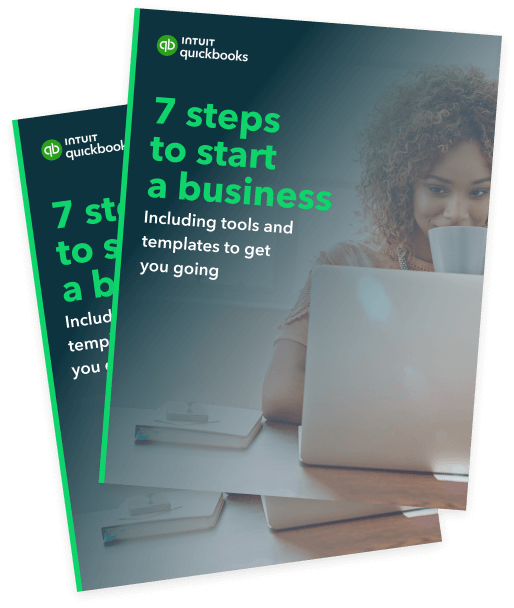4 tips for sole trader tax return
The stress that comes when it’s time to file taxes can be immense. But, it doesn’t have to be. You’ve worked hard for your business profits and with the right knowledge, you can help your own business get the best return possible.
The following tips will help you grow your business (and bank account) in a number of ways.
1. Assess for Personal Services Income (PSI)
If you’re predominantly paid for your personal efforts, skills or expertise, you could be receiving what’s called personal services income (PSI). If you’re a copywriter, legal advisor, management consultant, or similar, it’s likely you are receiving this type of income.
It could be that some of your income is PSI and some aren’t. To work this out, you need to look at each job or contract. If the service you provided is more than 50% based on your efforts, skills, or expertise, it’s classified as PSI.
If you run a business that sells products made by other people, you’re not generating PSI. But, if you’re being hired by a company to make one of your products, that could technically be PSI as your skills and expertise are essentially the product.
If you’re receiving PSI from clients outside Australia, your income may need to be taxed via the rules of the other party’s country of origin. This scenario is especially likely for independent contractors that work online, as it’s easy to have clients around the globe.
Determining what counts as PSI and what doesn’t can be difficult, but it’s essential for understanding your tax burden. If you’re still unsure, consult with your accountant or contact a tax or financial advisor.
2. Don’t miss out on deductions
As a sole trader, you can claim certain business tax deductions for most expenses you incur running your business — as long as they directly relate to your assessable income. Deductions can potentially save you thousands each year, especially as you and your business move up in the tax brackets.
Some of these deductions include:
- Business travel expenses such as bus, train, and taxi fares
- Vehicle expenses including fuel and oil, servicing and maintenance, loan interest or lease payments, insurance and registration
- Maintenance costs of machinery, tools or premises
- Working from home / home office expenses, including occupancy (mortgage interest, insurance, council rates) and operating expenses (electricity, phone, cleaning)
- Other expenses including stationery, advertising, banking and accounting, work uniforms, relevant courses and subscriptions
- Personal super contributions for yourself and any employees, as well as health insurance premiums
- Depreciation of furniture (sole traders can use the simplified depreciation rule to work this out)
- Bad debts or invoices that aren’t going to be paid
- Prepaid expenses on items or services delivered in the following tax year
It’s important to note that if you use something, such as your home or car, for both business and private use, you can only claim the business-related portion of the expense.
To keep track of these expenses, make sure you’re following bookkeeping best practices, regularly updating your invoices and activity statements and using software to help you stay organised. Even a simple spreadsheet on Google Sheets or in Excel can go a long way toward helping you stay on track and capture as many deductions as possible come tax time.
If you work from home, expenses you can claim may include the following:
- Work-related phone and internet expenses
- Electricity and gas
- Stationery, printer paper and ink
- Rent
- Mortgage interest
- Property insurance
- Land taxes
- Council rates
- Office equipment and machinery
- Furniture, carpet and curtains
- Meal expenses
- Travel expenses
If you use your vehicle for work, you may be able to claim:
- Fuel and oil
- Repairs and servicing
- Interest on a motor vehicle loan
- Lease payments
- Insurance cover premiums
- Registration costs
- Depreciation (decline in value)
General business operating expenses you might also be able to claim include:
- Advertising and marketing costs
- Legal expenses
- Accounting and tax lodgement fees
- Bank fees
- Insurance premiums
- Interest on business loans
- Software subscription fees
- Uniform fees
Repair and maintenance expenses you may be able to claim include:
- Computer or other equipment repairs
- Machinery repairs
- Painting
- Plumbing work
- Repairing electrical appliances
- Computers
- Cars and vehicles
Unfortunately you cannot claim:
- 100% of all these expenses. Only the proportion you use for work. An accountant can help you determine this.
- Car expenses without a logbook.
- Meals and snacks unless they are incurred on business-related overnight travel; or potentially as part of a work meeting, though the rules with this vary. Always keep receipts.
- Travel expenses for anyone other than yourself.

















